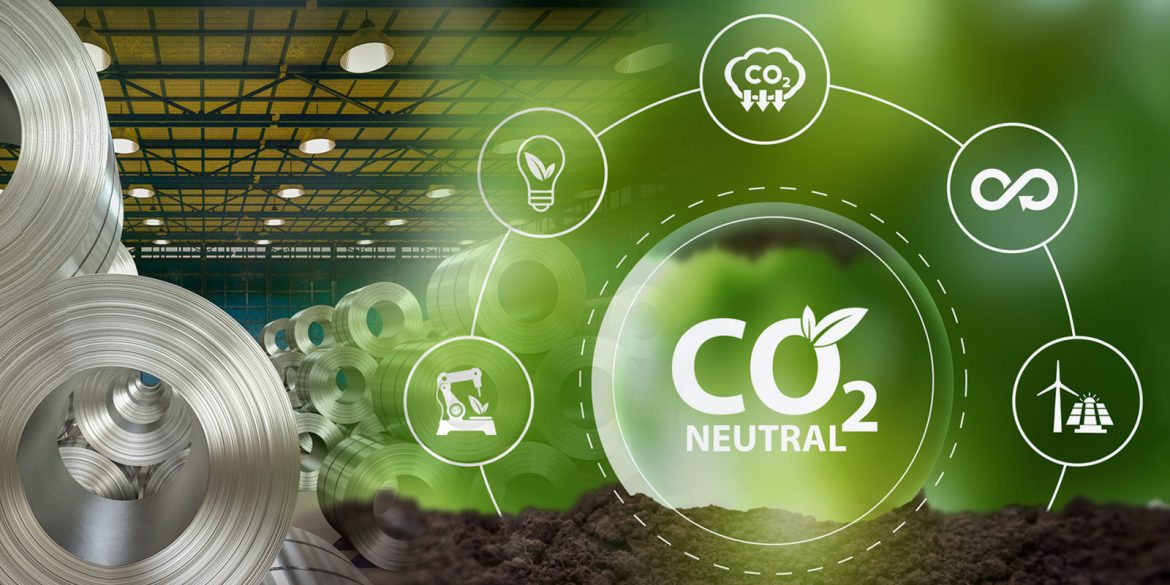South African Minister for Electricity, Dr. Kgosientsho Ramokgopa, underscored the significance of inter-African collaboration in advancing decarbonisation and fortifying energy security across the continent.
Speaking at the UNESCO 9th Africa Engineering Week in Gauteng, Dr. Ramokgopa remarked on the development of power pools in the Southern African Development Community (SADC). He highlighted similar initiatives emerging in the eastern and western parts of Africa, suggesting that amalgamating these efforts could lead to the capitalisation of diverse energy opportunities.
He emphasized the vast gas discoveries along the continent’s west coast, with countries like Namibia taking the lead. On the eastern front, Mozambique has advanced in tapping into significant gas deposits, while Central Africa explores hydroelectric potential.
Dr. Ramokgopa asserted, “Uniting these resources means the potential for a greener Africa becomes tangible. Enhanced collaboration is paramount to leverage these opportunities. It is a vital step towards ensuring a future where Africa is energy secure.”
The minister stressed the continent’s abundant resources pivotal to the green economy, stating that Africa must dictate its own standards. He emphasized, “We understand our collective goals. It’s imperative we set our standards and not be directed by external influences.”
He also highlighted the importance of renewable energy, reiterating South Africa’s commitment to decarbonisation. Dr. Ramokgopa explained that while renewables play a significant role, an optimal energy mix, inclusive of coal, gas, nuclear, and hydro, is essential for the country’s requirements.
Shifting focus to South Africa’s unique position, he pointed out the country’s rich mineral resources, vital for green hydrogen production. Dr. Ramokgopa elaborated on the global demand for clean energy sources, asserting, “With optimal wind speeds and radiation levels, South Africa can harness these advantages for green energy.”
He also noted the commitment of approximately 60 nations worldwide towards a net-zero path. Many of these nations, responsible for over 70% of global emissions, are willing to pay a premium for green hydrogen. Dr. Ramokgopa believes that the introduction of carbon borders could expedite the adoption of green hydrogen, even considering its cost premium, ensuring industries can access the most profitable markets.
In conclusion, as South Africa ventures forward in the energy sector, collaboration within the African continent remains at the forefront of its strategy. With a commitment to renewable energy and an optimal energy mix, South Africa aims to lead the charge in energy security and decarbonisation.



